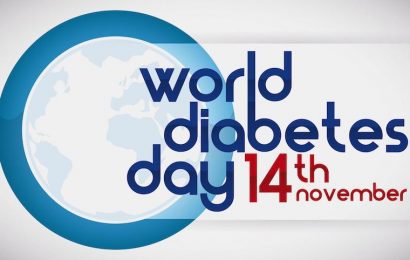People with diabetes are often encouraged — with good reason — to take control of their condition. This often requires a degree of independence not needed to manage other diseases, and it is likely to involve seeking information from a variety of sources — not just from one’s doctor. With the increasing availability of health information, this self-guided approach is becoming common far beyond the realm of diabetes.
Yet as a recent essay at Time.com suggests, rising patient independence may also lead to rising costs without improving health outcomes. Using the example of a torn Achilles tendon, the author — a doctor — outlines how patient demands can lead to unnecessary, expensive tests and treatments being performed (in this case, an MRI). Trying to change the mind of a patient set on a course of action, he writes, is time consuming and usually futile, since patients can — and often do — find a new doctor when they don’t get what they want.
The article highlights a broader dilemma: How do you know when to trust your doctor? As we wrote a few weeks ago, some doctors might be biased by promotions and gifts from pharmaceutical companies. Still others could be under pressure from an insurance company to cut costs. And while there may be a risk in accepting the perspective of a single doctor, seeing many doctors leads to a more expensive health-care system.
What do you think — when do you trust the advice of your doctor? Should insurance plans try to limit how many doctors a patient can see for one condition? Should companies be banned from advertising drugs, tests, or procedures to consumers? To doctors? Ultimately, whom do you trust the most for medical opinions and information? Leave a comment below!




